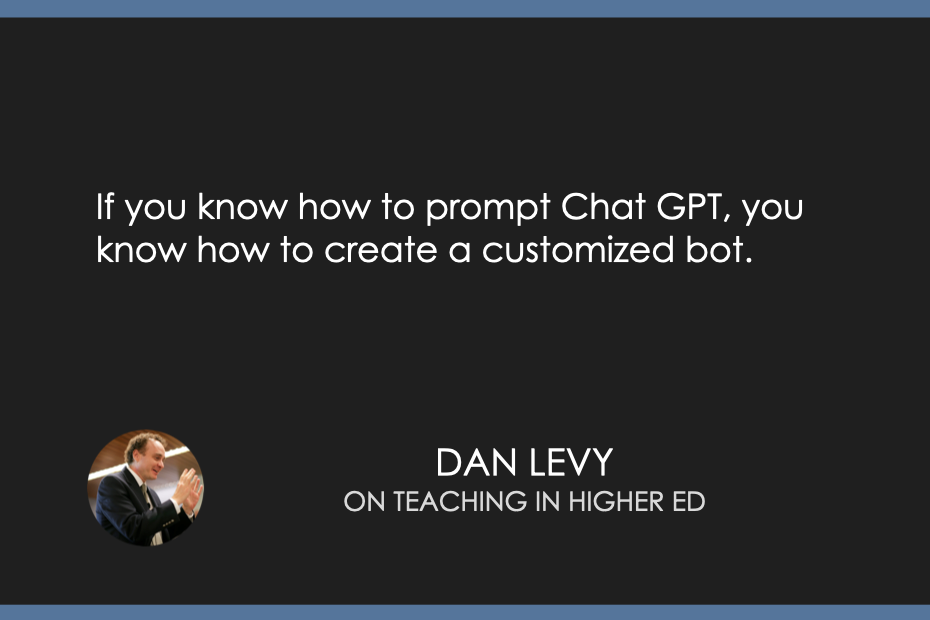
 Teaching in Higher Ed
Teaching in Higher Ed Teaching Effectively with ChatGPT
8 snips
Sep 26, 2024 Dan Levy, an AI education expert, and Angela Pérez, a tech-savvy teaching innovator, dive into the transformative power of ChatGPT in enhancing teaching methods. They discuss how AI can alleviate the overwhelm many educators feel, with tools like ChatGPT generating creative topic ideas. Levy emphasizes that the role of teachers is shifting towards designing feedback rather than just delivering it, while Pérez highlights how AI fosters personalized learning experiences. Their insights make a compelling case for embracing technology in education.
Chapters
Transcript
Episode notes
1 2 3 4 5 6
Intro
00:00 • 5min
Harnessing AI for Effective Teaching
04:45 • 20min
AI in Education: Enhancing Feedback Mechanisms
25:09 • 10min
Personalized Learning through AI: The Impact of ChatGPT in Education
34:58 • 4min
Recommendations for Enhancing Teaching and Travel Management
39:20 • 4min
Enhancing Educational Practices with Recommended Reads and Tech Tools
42:53 • 6min

